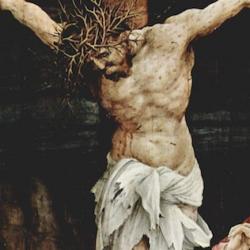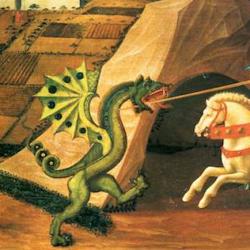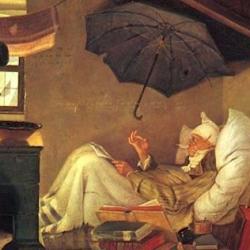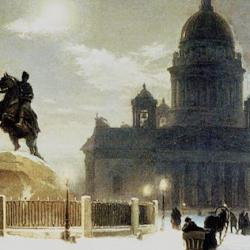Geert Buelens’s Everything To Nothing offers a European-wide review of the poets writing before and during World War I. It is a tour de force, recalling forgotten poets to vivid life and setting better-known poets in a new European context.
The poets, he argues, were not only observers but participants, major participants in the development of the “war culture” of the Great war: “Their work accuses, analyzes and describes, although sometimes it also goads or whitewashes. Above all, it is the work of participants – poets who stood not above the events, no the sidelines, but right in the middle of the action. From the start of the conflict., poets played a central role in mobilizing large groups of people. The war culture that characterized the First World War was, to a large extent, a literary culture, and more specifically a poetic one” (320).
One of the things the poets taught Europe was the need for a wild, bloody regeneration of corrupt or decadent European society: “The desire for regeneration and purification often articulated in the literature of this period frequently masks a deep sense of sin. God might have been pronounced dead, but the same could not he said of the self-accusing culture of Christianity. Drought, infertility, stagnation could all be interpreted as symptoms of a sick society that had invited its own punishment. If people could truly abase themselves, mentally and physically, would they bury their excessive self-consciousness and discover a kind of passionate fervour that wold bring meaning and excitement into their lives? In other words, would a little war be enough to wipe out the sins of the world” (21).
Tommaso Marinetti’s Futurist Manifesto, for instance, declared: “We will glorify war – the world’s only hygiene – militarism, patriotism, the destructive gesture of freedom-bringers, beautiful ideas worth dying for, and scorn for women” (19). Certainly some poets (Siegfried Sassoon and Wilfred Owen) soured on the war, but Buelens shows in relentless detail how much the poets contributed to war frenzy, a lust for cleansing combat, manly aggression. Only in the aftermath of the two world wars, as Peter Sloterdijk has noted, was Europe “ready to decide against an existence in tragic and epic style” (318).















